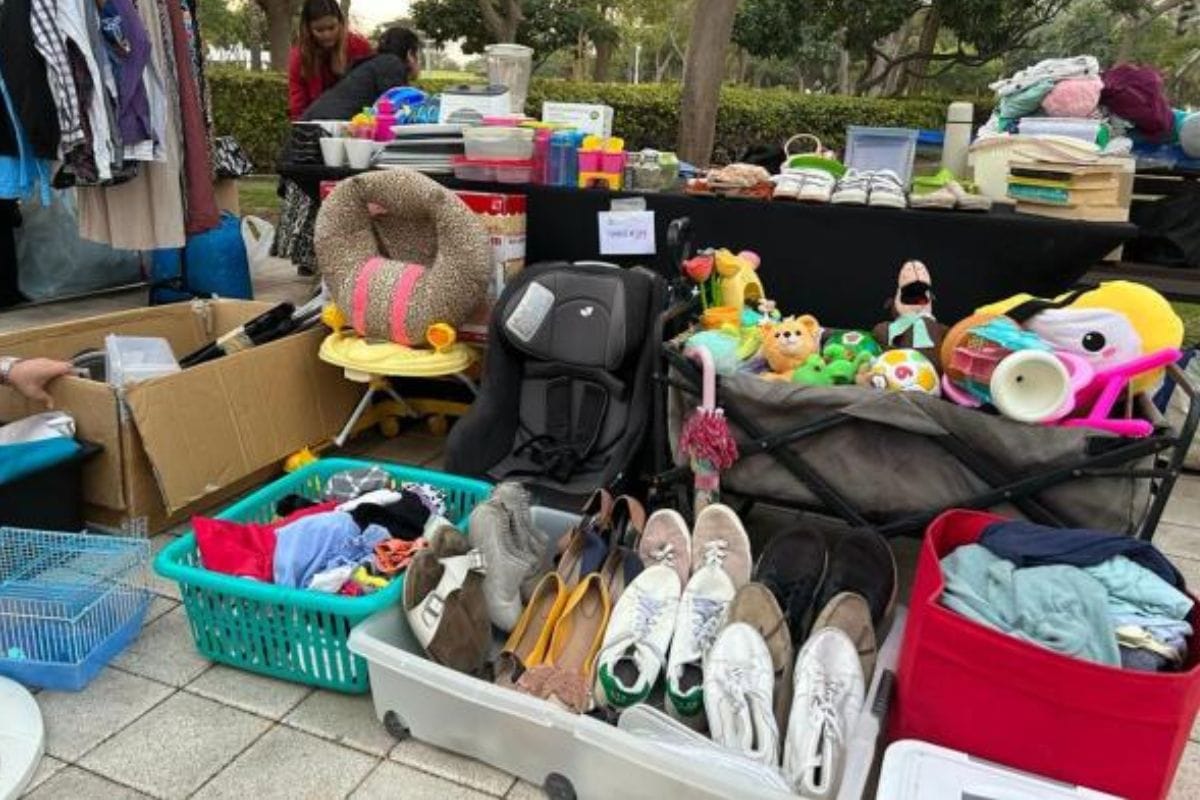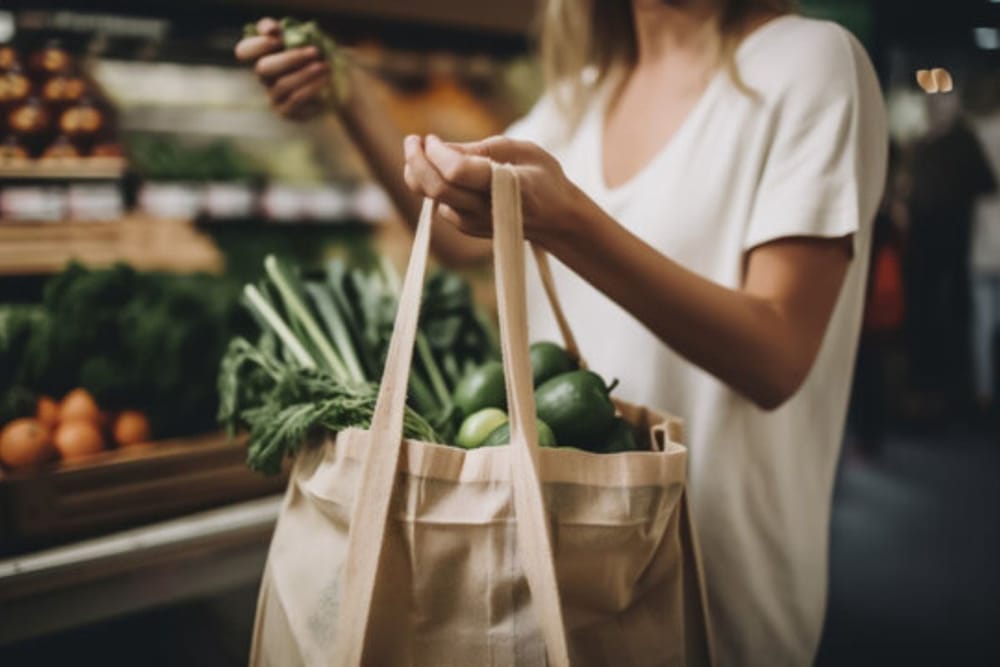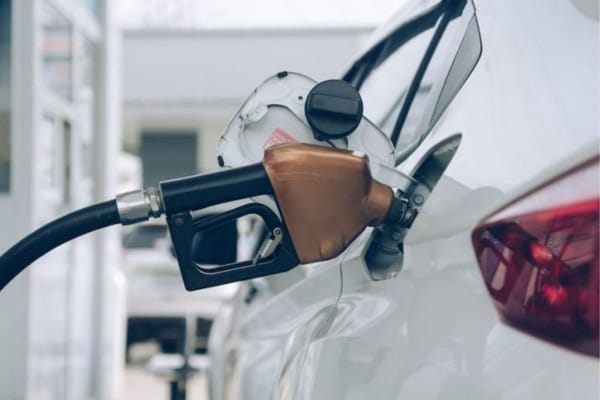In a progressive move towards sustainability, Dubai has taken a significant stride by banning all single-use bags. Single-use items, particularly plastic bags, have long plagued the environment, contributing to overflowing landfills, polluting oceans, and harming wildlife. This landmark move aligns with global efforts to combat plastic pollution and promote greener living practices. The city sets a commendable precedent for other cities globally.
Delve into the details of Dubai’s single-use bag ban and explore the eco-friendly alternatives to these disposable items.
Dubai's Ban on All Single-Use Bags
As the world increasingly prioritizes sustainability, concerted efforts to diminish environmental footprints are essential for safeguarding natural ecosystems and biodiversity. UAE has long prioritized sustainability in various sectors, from government to education. In 2021, the UAE committed to achieving carbon neutrality by 2050, exemplifying their dedication.
Recognizing the urgency to address plastic pollution and its harmful environmental impact, Dubai has enforced a ban that encourages residents to adopt sustainable habits and reduce their plastic footprint. The Executive Council Resolution No. 124 of 2023 was issued by H.H. Sheikh Hamdan bin Mohammed bin Rashid Al Maktoum, Crown Prince of Dubai and Chairman of Dubai Executive Council, regulating the use of single-use products in the Emirate of Dubai.
As of June 1, 2024, #Dubai takes a stand against single-use bags. Make the switch to reusable cloth bags & be part of the change.#DubaiMoreSustainable #DubaiMunicipality pic.twitter.com/deZkFgBHfT
— بلدية دبي | Dubai Municipality (@DMunicipality) May 25, 2024
According to the resolution, the ban will apply to plastic bags, starting January 2024. However, single-use bags made with paper or other recyclable materials are available for purchase at 25fils tariff. Starting June 2024, all single-use bags that are thinner than 57 micrometers will be banned in the emirate, whether composed of paper, plastic, or recyclable materials. Starting January 2025, the ban will extend to plastic stirrers, Styrofoam food containers, plastic table covers, plastic cotton swabs, plastic straws, and single-use Styrofoam cups. Starting January 2026, all single-use plastic cups and lids, plastic cutlery, food containers, and plates will be banned.
The single-use bags that banned are:
- Plastic bags
- Paper bags
- Bags that are 57 micrometers thick and below
- Bags made from biodegradable plant materials
- Biodegradable bags
The single-use bags exempted from this ban are:
- Bags that are 58 micrometers thick and above
- Bread bags
- Roll bags for vegetables, meat, fish, and chicken
- Garbage bags of different sizes and types
- Electronic device bags
- Grain bags
- Laundry bags
Penalties for non-compliance with the regulation
Those found in violation of the policy will face a fine of Dh200 initially. Should the same offense recur within a year, the penalty will escalate, doubling to a maximum of Dh2,000.
To report any non-compliance outlets, you can lodge complaints through the ‘Dubai Consumer’ app or website for consumer rights by the Department of Economy and Tourism. You can also reach out to the Call Centre at 600545555.
Alternatives to Single-Use Bags
As the city transitions away from disposable plastic, residents and visitors alike are exploring various eco-friendly alternatives to carry out their shopping. Here are some of the popular alternatives to single-use bags that you can consider.
Fabric Bags
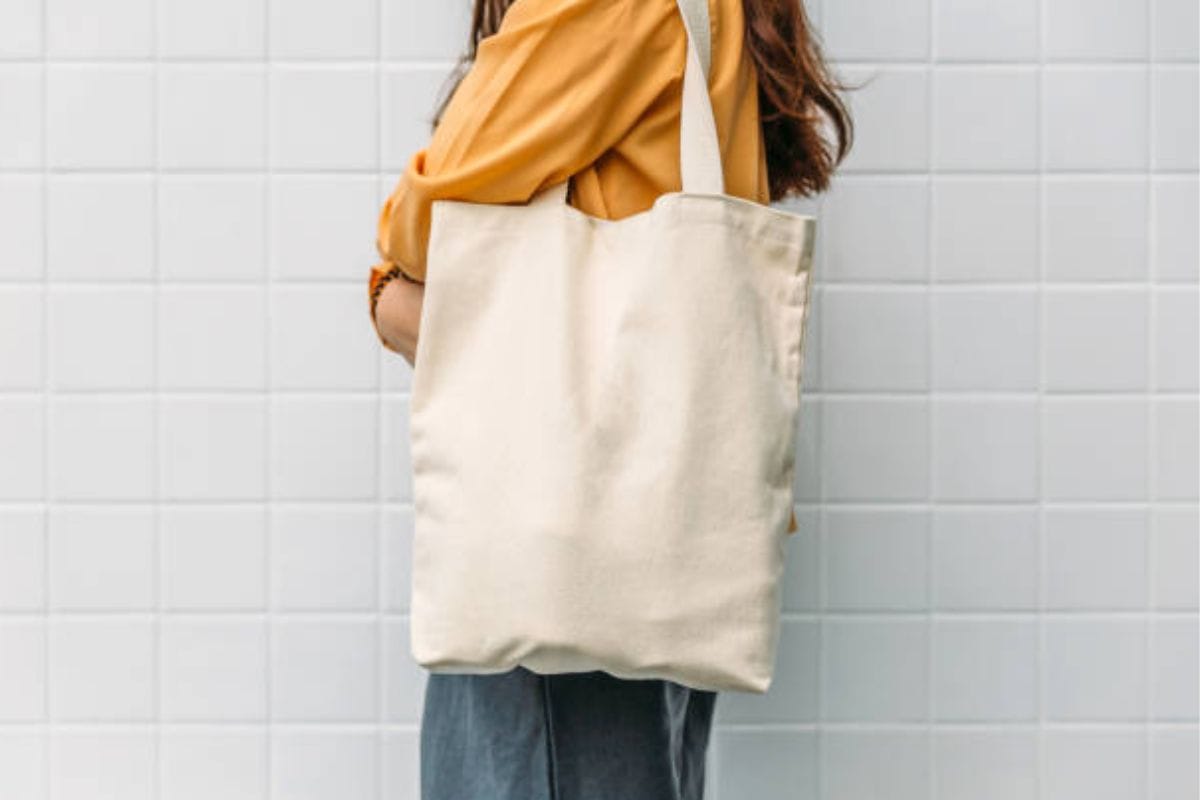
Fabric bags offer an excellent alternative to single-use bags due to their durability, versatility, and eco-friendly nature. Made from materials such as cotton, jute, or hemp, fabric bags are sturdy and long-lasting. Their strength makes them suitable for carrying heavy groceries or bulky items without the risk of tearing. Their washable nature ensures hygiene and cleanliness, unlike single-use bags that can harbor bacteria.
Foldable Nylon Bags
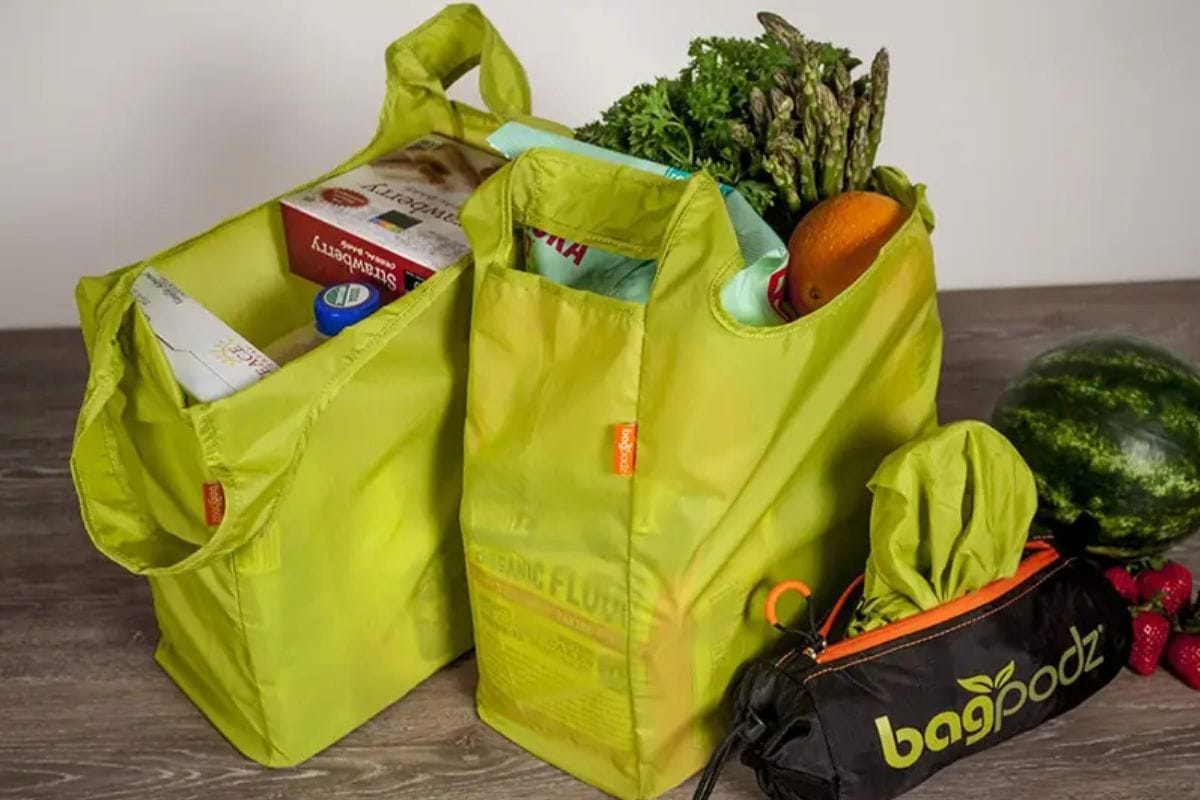
Due to their convenience, durability, and eco-friendly nature, foldable nylon bags are ideal for small grocery shopping trips. These bags offer a lightweight and compact solution for everyday shopping needs, easily folding into a purse or pocket when not in use. Despite their portability, foldable nylon bags are remarkably sturdy and capable of carrying heavy loads. Additionally, their water-resistant properties ensure that items remain protected even during unexpected weather conditions.
Basket Bags
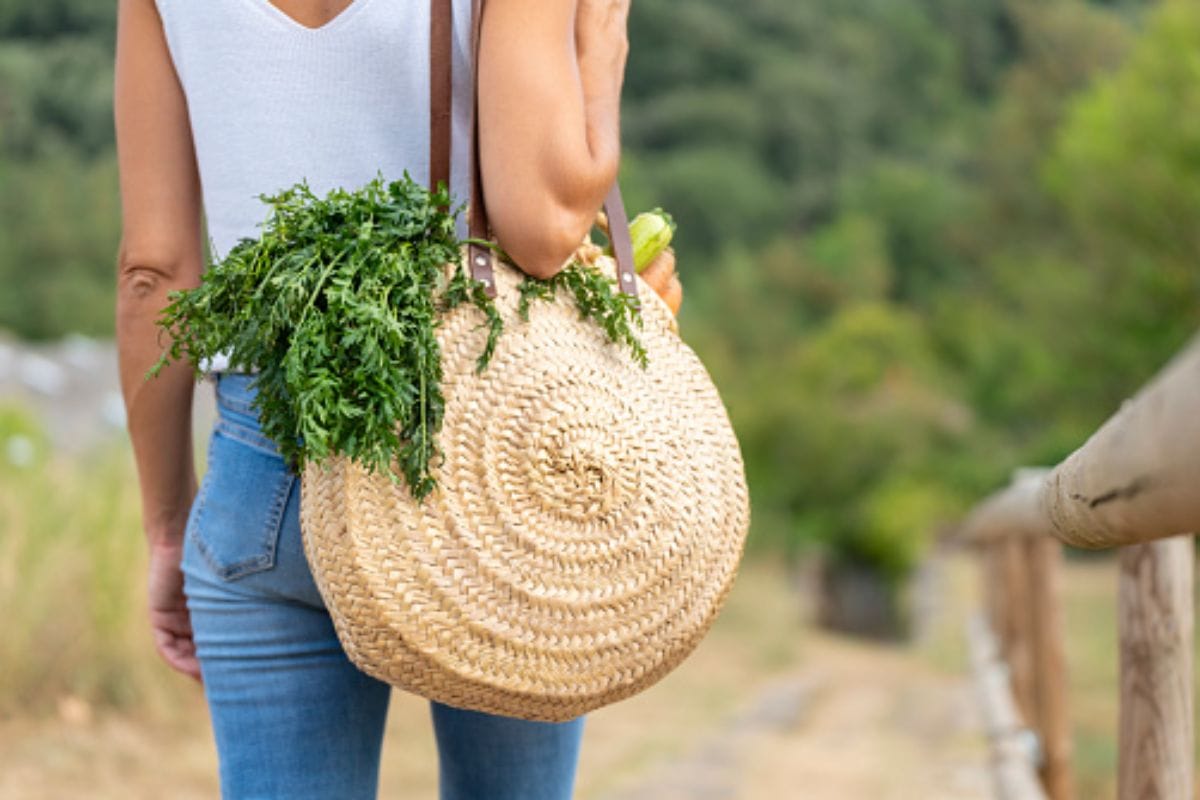
Drawing inspiration from traditional market shopping, basket bags are making a comeback. Woven from materials like wicker or straw, these bags are not only eco-friendly but also add a rustic charm to the shopping experience. Their sturdy construction makes them ideal for carrying groceries, fruits, vegetables, or any other shopping items.
Mesh Bags
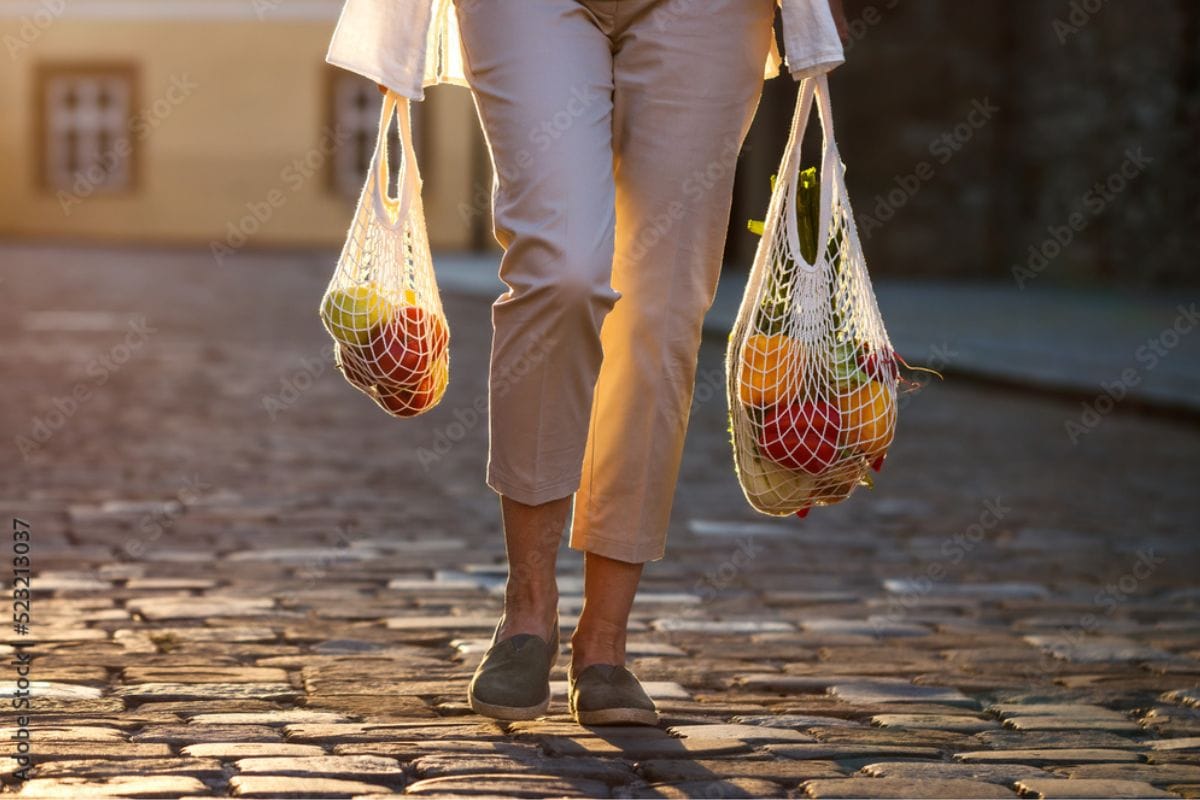
Made from breathable materials like cotton or polyester, mesh bags are sturdy enough to carry heavy items such as groceries, yet lightweight and compact for easy storage. Their transparent design allows for quick identification of contents and facilitates airflow, ideal for storing produce to keep it fresh for longer. Mesh bags are also reusable, washable, and long-lasting.
Upcycled or DIY Bags
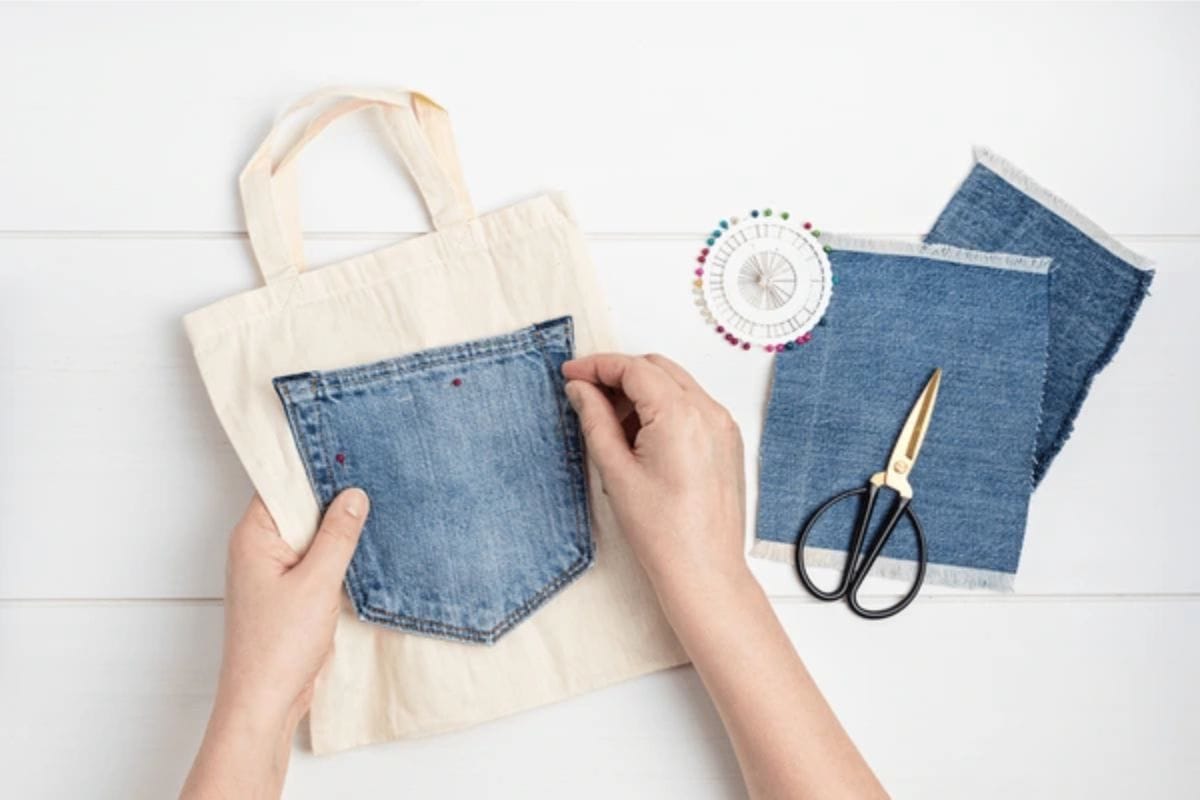
By repurposing materials that would otherwise go to waste, such as old clothing, fabric scraps, or even discarded packaging, you can create unique and personalized bags. These upcycled creations not only reduce the demand for new materials but also showcase creativity and ingenuity. Additionally, DIY bags allow individuals to customize their designs, sizes, and functionalities according to their specific needs and preferences.
Shopping Trolleys
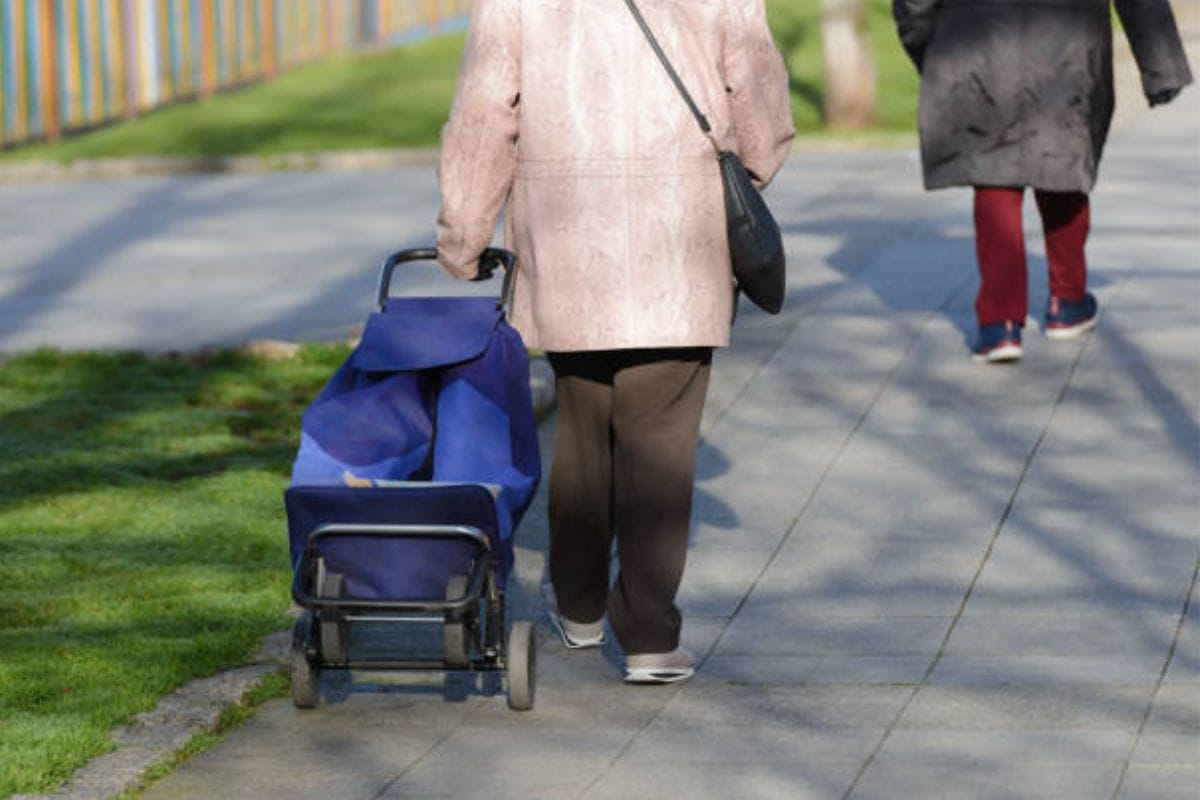
With their sturdy construction and ample storage capacity, trolleys provide a practical solution for transporting groceries and other purchases. Unlike disposable bags, which contribute to plastic pollution, trolleys can be used repeatedly, reducing waste and environmental impact. Moreover, trolleys are versatile and can accommodate items of various shapes and sizes, making them ideal for diverse shopping needs.
Also Read:

